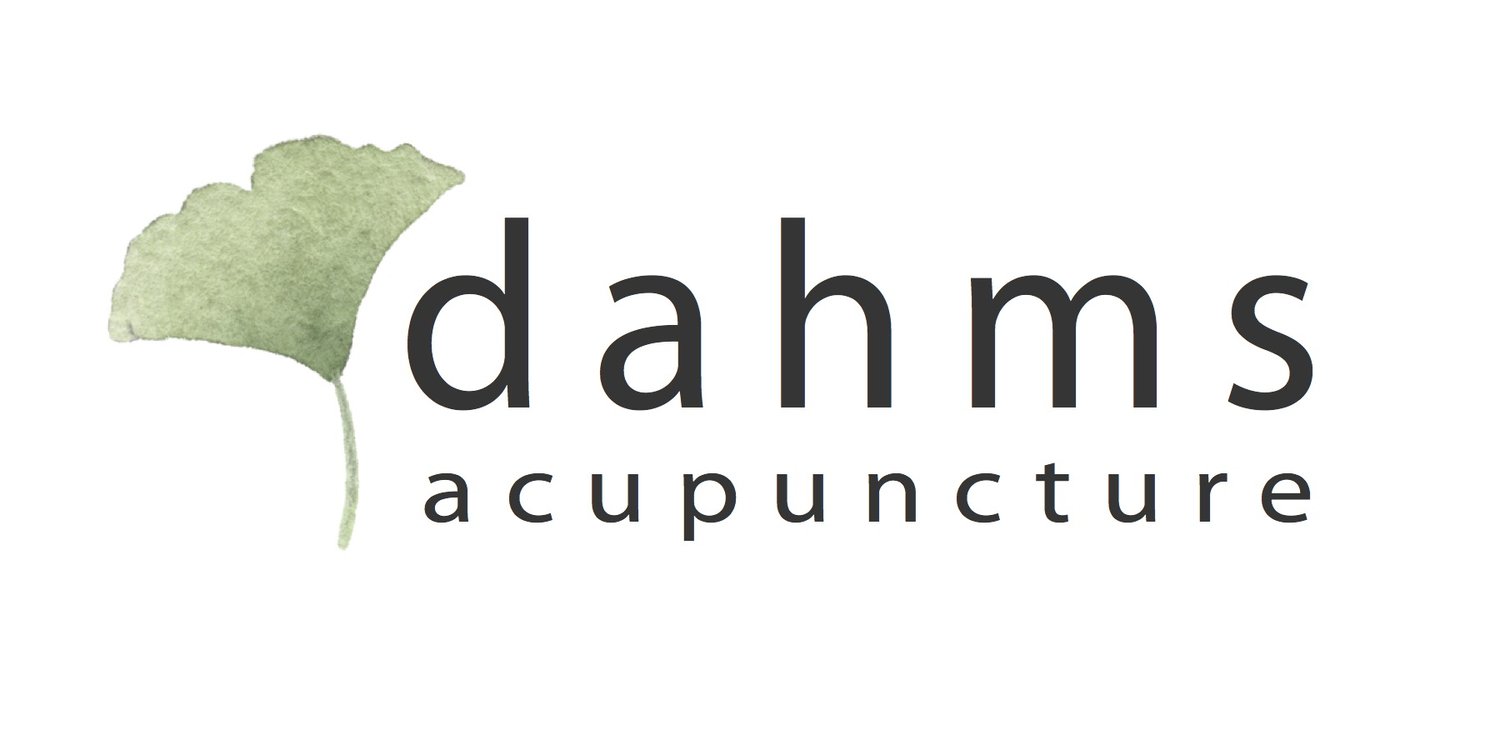Evidence-Based Approaches to Reducing Pain at Home
/Chronic pain affects millions of people worldwide, and while medical treatments play a crucial role, many evidence-based strategies can be used at home to manage pain effectively. These approaches leverage scientific research to reduce inflammation, regulate the nervous system, and improve overall well-being.
Read More
















